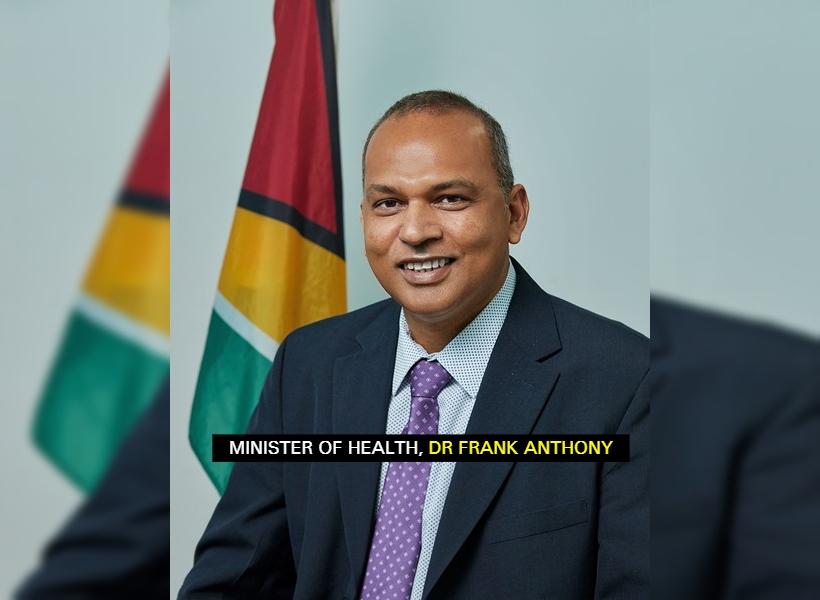Speaking with the Department of Public Information (DPI) on the sideline of an event on Thursday, the health minister stressed that countries still have to be cautious.
“We have to continue to be vigilant. Our surveillance systems are pretty much in place. We have been monitoring cases, although over the last couple of months. We have not seen many cases, and we, of course, monitor hospital data as well to see how many people would get sick,” Dr. Anthony disclosed.
He noted that the WHO’s responsibility is to ensure that there was an efficient response to the pandemic.
In this case, it was a new disease and a lot of information was not known on how to fix it at the time, with no tests or vaccines or medicines available.
However, all these were developed within a short period, and there is now a better understanding of the disease.
“Having all these new tools in place, countries have worked hard to reduce the burden of the disease. I think that when the WHO looked at all this information. They felt comfortable to make such a declaration that it is no longer a public health emergency globally,” Dr. Anthony underscored.
The ministry will continue to administer vaccines and currently, there is a bivalent vaccine that persons can access.
“We continue to work and encourage people to get their boosters. If they get sick and they are uncertain, they should get tested, and if they are hospitalised. Of course, we will take care of them in the hospital. So that has been our posture and we will continue to do that,” the health minister noted.
In Guyana, to date, more than 73,000 persons were infected with COVID-19, with 1,298 persons dying as a result.
Worldwide the disease affected more than 756 million people and killed almost 7 million people.
According to the WHO, as of last week, COVID-19 still claimed a life every three minutes as the virus mutates. The WHO declared Covid a pandemic on March 11, 2020. (Extracted from the Department of Public Information)













